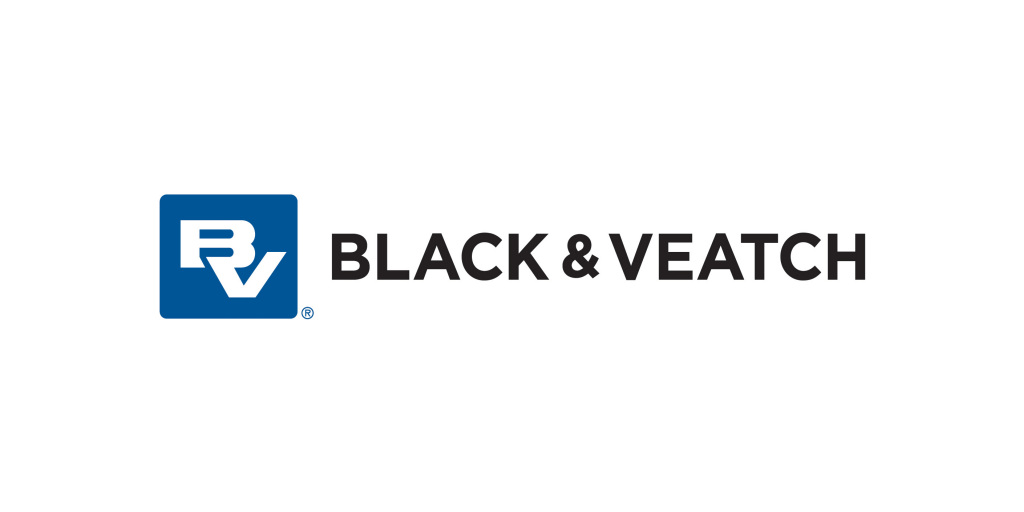
Sign up for daily news updates from CleanTechnica on email. Or follow us on Google News!
Toyota, that paragon of virtue who advertises its hybrid vehicles as “self charging electric cars,” has gotten caught with its hand in the diesel cheating cookie jar and slapped with the second largest civil and criminal fines in EPA history — $1.6 billion in total. Here’s what the EPA had to say this week about the whole sordid mess:
“Hino Motors, Ltd,, Hino Motors Manufacturing U.S.A., Inc, and Hino Motors Sales U.S.A., (collectively, Hino) [have agreed to record criminal and civil fines] for violations related to the submission of false and fraudulent engine emission testing and fuel consumption data to regulators and the illicit smuggling of engines into the United States. These resolutions are subject to approval by the U.S. District Court for the Eastern District of Michigan. This unlawful conduct allowed Hino, a subsidiary of Toyota Motor Corporation, to improperly secure approvals to import and sell, and cause to be imported and sold, more than 110,000 diesel engines in the United States from 2010 to 2022. These engines were primarily installed in heavy-duty trucks manufactured and sold by Hino nationwide.”
Acting EPA Administrator Jane Nishida said: “EPA and the American consumer rely on true and accurate data from engine manufacturers to protect our nation’s air quality. Hino’s actions directly undermined EPA’s program to protect the public from air pollution. […] Today’s criminal charges and civil settlement demonstrates EPA’s commitment to hold companies like Hino Motors, Ltd. accountable for knowingly violating environmental laws and regulations that protect public health and the environment.”
For more than a decade, Hino Motors, a Toyota subsidiary, submitted false testing data to meet pollution requirements and win approval to install diesel engines in heavy trucks, the New York Times reports. Data submitted by Hino also exaggerated the vehicles’ fuel economy, the agency said. The criminal portion of the fine, $522 million, is the largest in an emissions case since Volkswagen agreed in 2016 to pay civil and criminal penalties totaling $15 billion to settle accusations it hid excess emissions from diesel cars it sold in the United States. The size of the penalties in the Hino case reflects “the egregiousness of the conduct and the flagrant disregard for the EPA.’s certification program,” the agency said. California, which has stricter emissions requirements than the federal government, will receive $237 million as its part of the settlement.
Hino Division Of Toyota Admits Diesel Cheating
The EPA does not have the resources to test every vehicle sold in the United States and relies on manufacturers to provide emissions data for its products. Hino’s violations were discovered after the agency conducted its own checks, the agency said. In a statement, the company noted: “Hino voluntarily disclosed these issues to U.S. authorities in 2019 and has provided what the U.S. Department of Justice has called ‘exemplary’ cooperation with the D.O.J.’s investigation. The agreements resolve all of the company’s outstanding legal issues in the United States related to its legacy emissions issues.”
Diesel engines produce large amounts of nitrogen oxides, which are linked to asthma, cardiovascular problems, and other serious ailments, and contribute to climate change. Automakers use technology to control the pollution, but adding it to engines makes vehicles more expensive and can affect their performance. Hino’s misconduct involved 110,000 motors that were imported and installed in trucks that the company sold in the United States from 2010 to 2022. As part of the settlement, which must be approved by a federal judge, Hino will be barred from importing diesel engines to the United States for five years.
It will also recall motors in trucks from the 2017 to 2019 model years and make modifications to bring them into compliance with emissions regulations. Hino also agreed to improve its internal controls to prevent future misconduct and finance programs designed to compensate for the excess pollution from its engines. For example, it will replace older diesel engines in 35 ships and train locomotives with cleaner motors. The resulting reduction in pollution will be the equivalent of taking 110,000 trucks off the road, the EPA said.
As part of the agreement with the EPA and the state of California, Hino has agreed to plead guilty to engaging in a multi-year criminal conspiracy. The plea agreement, which is subject to approval by the court, requires it to pay a criminal fine of $521.76 million, serve a five-year term of probation — during which it will be prohibited from importing any diesel engines it has manufactured into the United States — and implement a comprehensive compliance and ethics program and reporting structure. Hino has also agreed to the entry of a forfeiture money judgment against it in the amount of $1.087 billion. Pursuant to the plea agreement, Hino’s future payments towards its civil settlement obligations, as well future payments as part of a civil class action settlement brought by private plaintiffs, will be credited towards its criminal forfeiture money judgment obligation.
In separate civil resolutions of environmental, customs and fuel economy claims by the federal government and the state of California, Hino will pay a civil penalty of $525 million based on its demonstrated financial condition. The global resolution includes the second largest criminal fine and fourth largest civil penalty in the history of EPA’s mobile source program.
Other provisions of the civil agreement include:
- A mitigation program, valued at $155 million, to offset excess air emissions from the violations by replacing marine and locomotive engines throughout 49 states (excluding California), including the reduction of over 41,000 tons of nitrogen oxides (NOx) emissions.
- A recall program, valued at $144.2 million, to modify violative engines in 2017-2019 heavy-duty trucks so they comply with U.S. and California emissions laws.
- $123.6 million to fund mitigation projects and enforcement costs in California.
- $30.3 million to resolve California False Claims Act claims.
The EPA discovered Hino’s noncompliance as a result of conducting confirmatory testing of Hino’s engines. On Jan. 10, EPA voided engine approvals, called “certificates of conformity,” for Hino’s 2010–2019 diesel engines for heavy-duty trucks and nonroad equipment. This is the largest voiding action ever taken by the EPA, reflecting the egregiousness of the conduct and the flagrant disregard for the EPA’s certification program. That program is designed to provide a level playing field for vehicle and engine manufacturers seeking to do business in the United States.
Hino is not the only company to get caught lying about its diesel emissions. The biggest case so far involved Volkswagen, which paid almost $20 billion to resolve all the claims against it, but plenty of others are on the diesel cheating wall of shame as well, including Suzuki and Stellantis as well as Hyundai and Kia in Europe. Fortunately in America, corporations will have a free hand to lie, cheat, and steal once Emperor Donald The First gets done eviscerating the EPA. Go to sleep, everyone. Nothing to see here; move along.
Chip in a few dollars a month to help support independent cleantech coverage that helps to accelerate the cleantech revolution!
Have a tip for CleanTechnica? Want to advertise? Want to suggest a guest for our CleanTech Talk podcast? Contact us here.
Sign up for our daily newsletter for 15 new cleantech stories a day. Or sign up for our weekly one if daily is too frequent.
CleanTechnica uses affiliate links. See our policy here.
CleanTechnica’s Comment Policy




